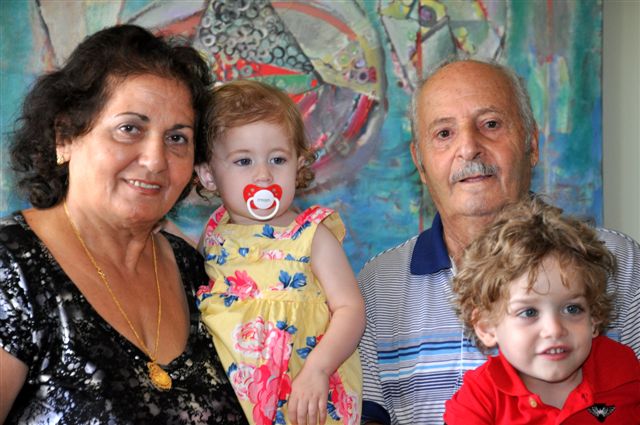
You can learn assertiveness skills at any stage of life and you can always improve them and gain more respect for yourself and others. In this post, I have gathered all of my assertiveness tips in one big list. I hope this summary will be useful for you and for your children and students.
If we create a society full of assertive people, we will not have conflicts and we will live with each other with respect, so pass this along to everyone you know.















